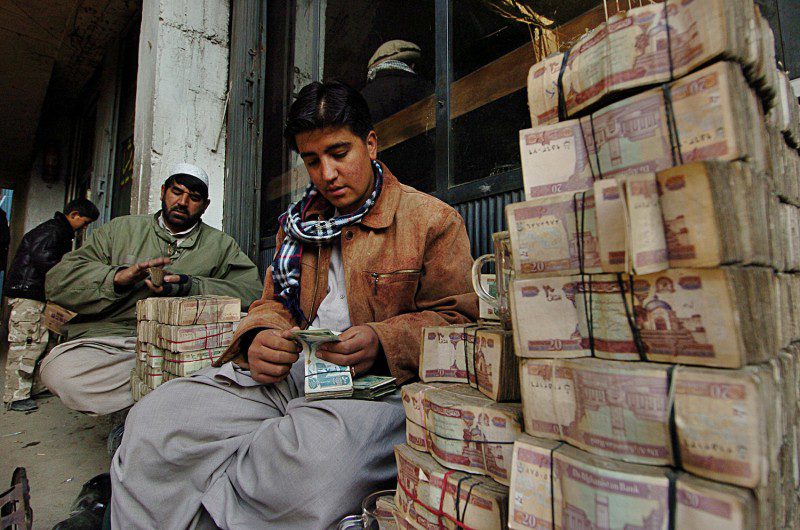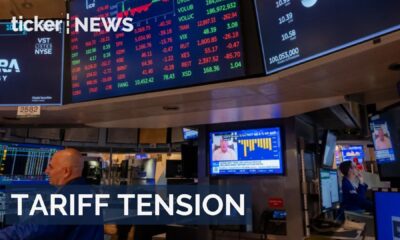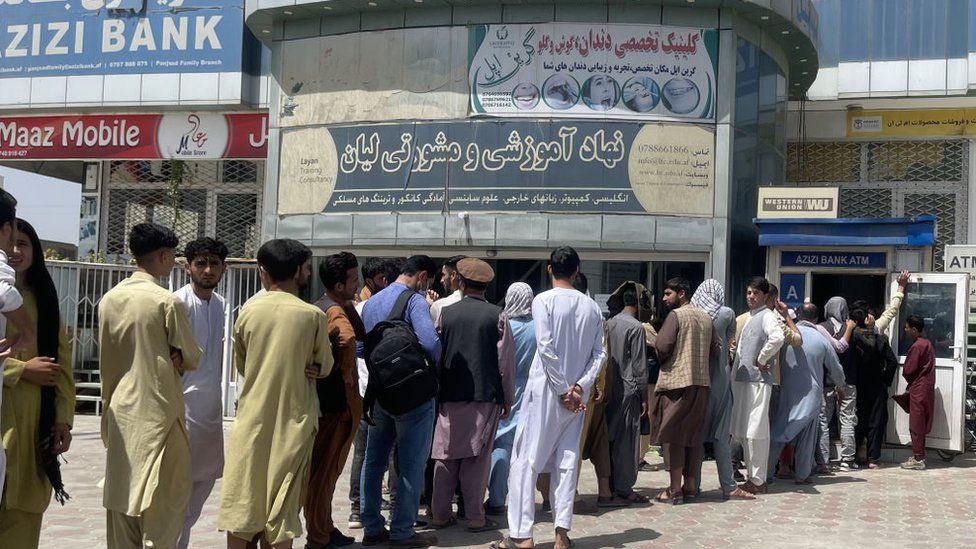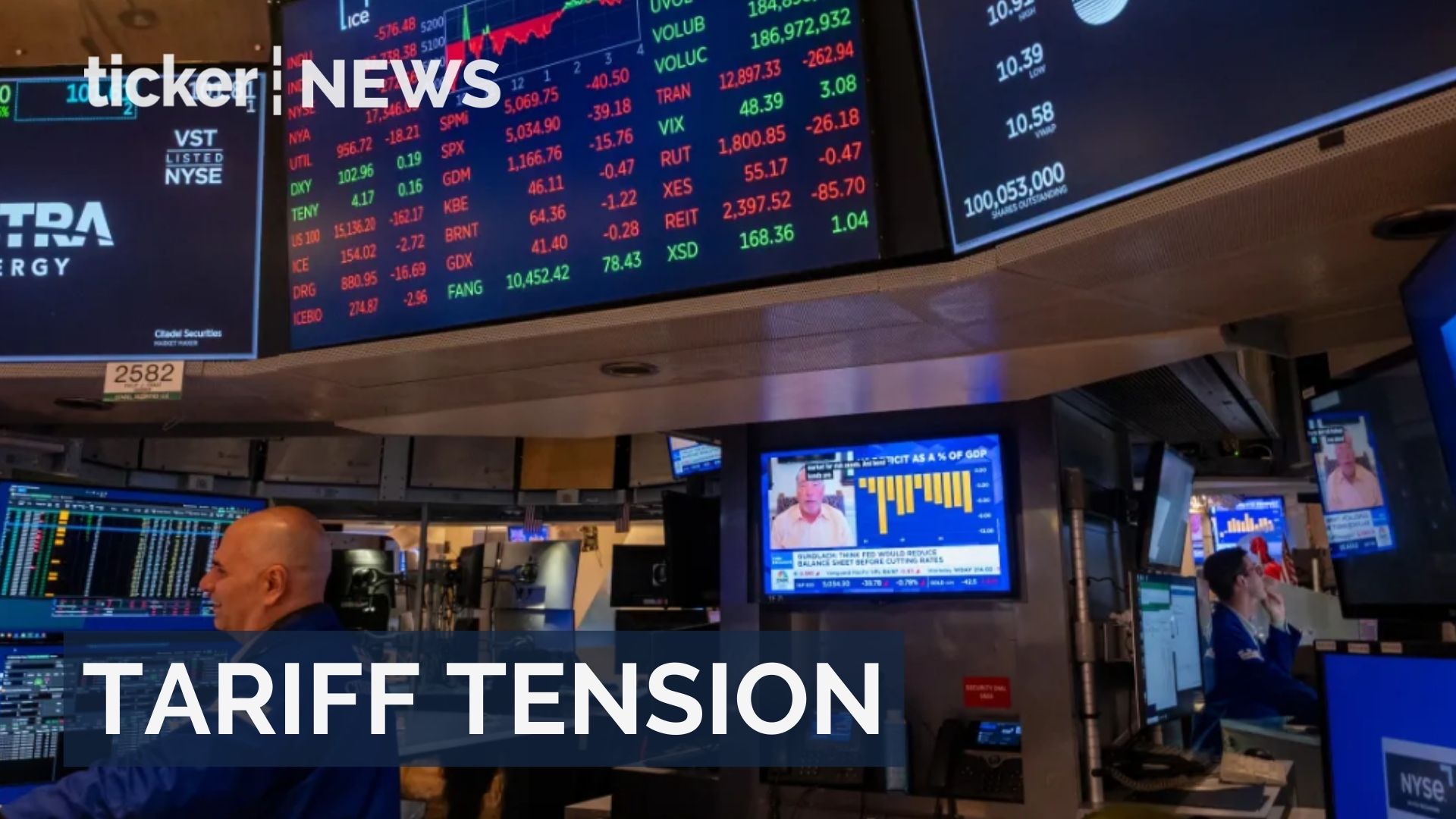Money
Afghan banks are running out of currency as cash squeeze tightens

Money
U.S. stocks rally as AMD, Home Depot, and AI software lead gains
U.S. equities rose as AI disruption fears eased, with Home Depot, AMD, and DocuSign driving tech stock gains.
Money
Stocks tumble amid AI concerns and Trump tariff update
Dow drops 800+ points as AI and trade worries hit tech and retail stocks; bonds rise amid market volatility.
Money
U.S. investors flee stock market for global opportunities
U.S. investors withdrew $75 billion from stocks in six months, fastest in 16 years, with $52 billion in 2026 alone.
-



 News3 days ago
News3 days agoIran signals nuclear concessions as U.S. talks intensify
-



 Tech23 hours ago
Tech23 hours agoOpenAI moves to replace software giants with AI products
-



 Tech3 days ago
Tech3 days agoApple’s next AI wearables could change how we use tech
-



 Money3 days ago
Money3 days agoU.S. investors flee stock market for global opportunities
-



 Tech2 days ago
Tech2 days agoAnthropic CEO holds key Pentagon talks on AI ethics and military use
-



 Money2 days ago
Money2 days agoStocks tumble amid AI concerns and Trump tariff update
-



 Ticker Views3 days ago
Ticker Views3 days agoHow Andrew Mountbatten-Windsor could be removed from the line of succession
-



 News2 days ago
News2 days agoPeter Mandelson arrested in London over alleged Epstein links







